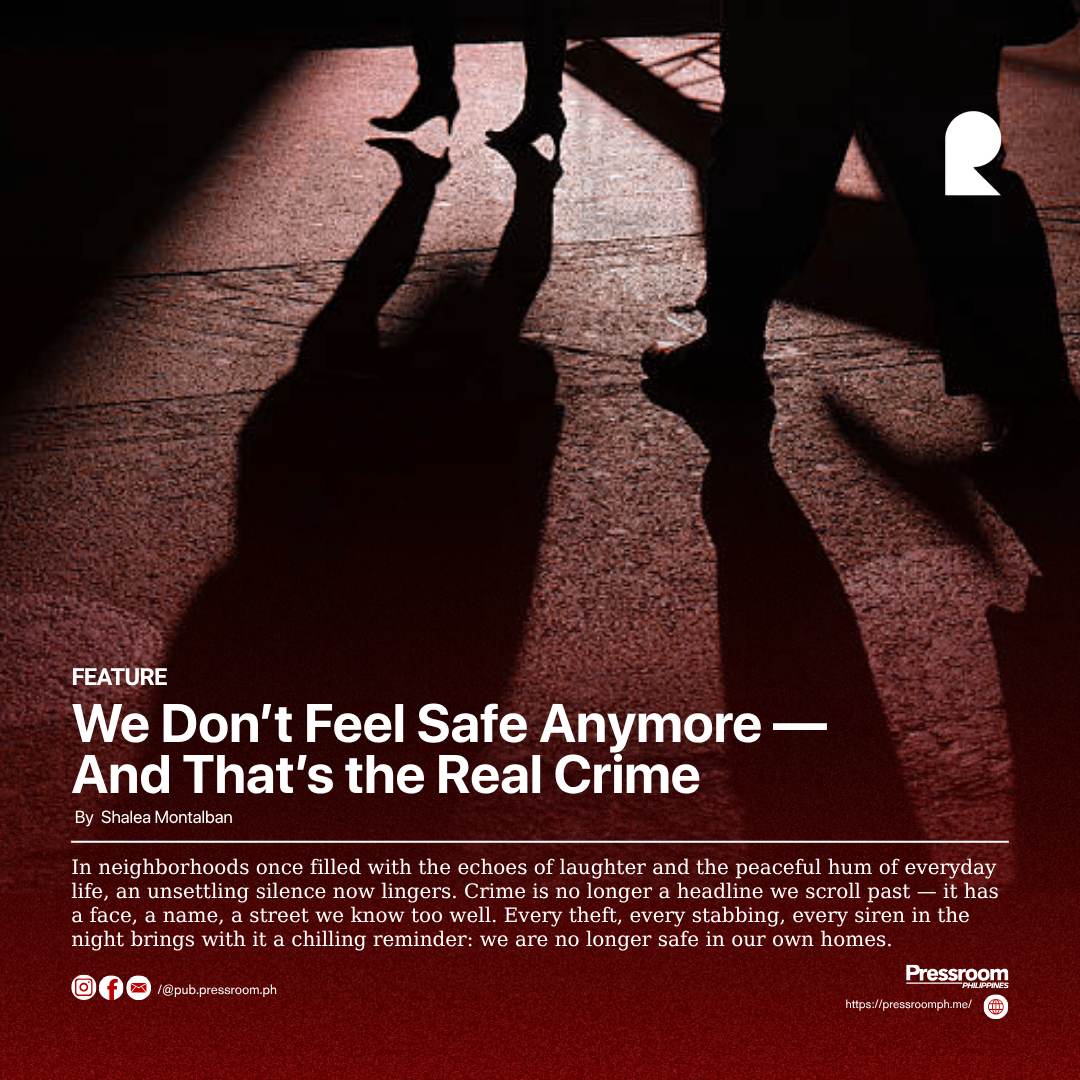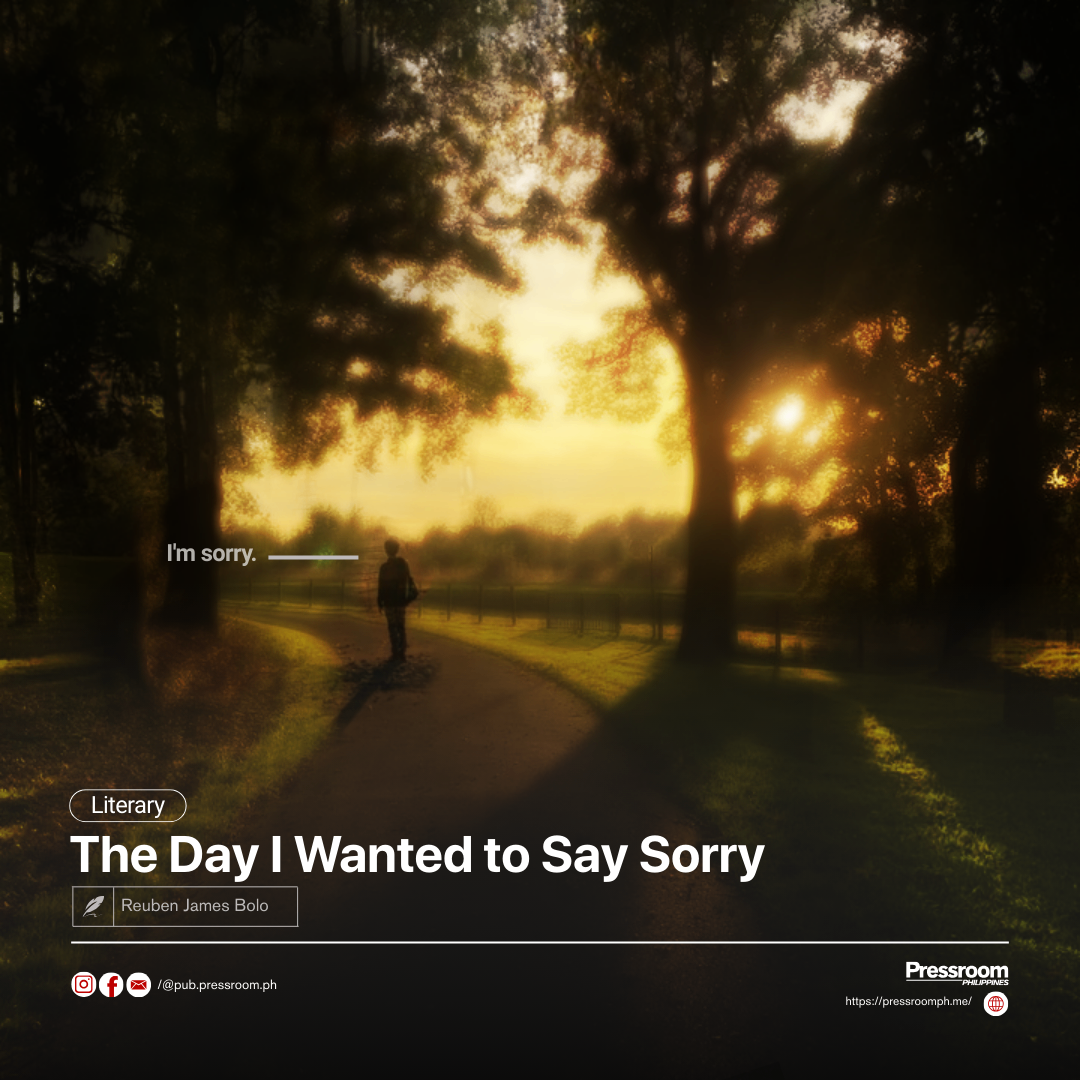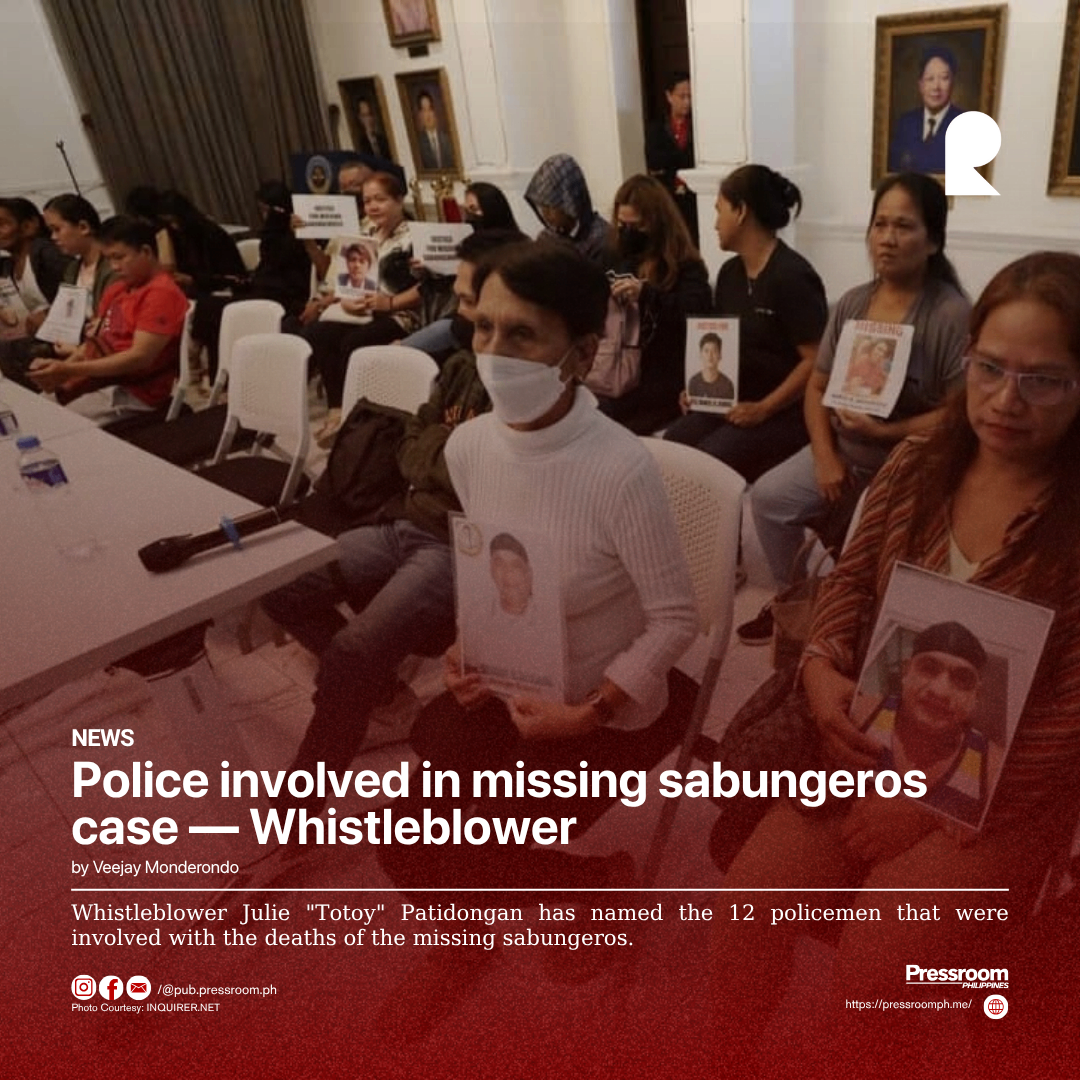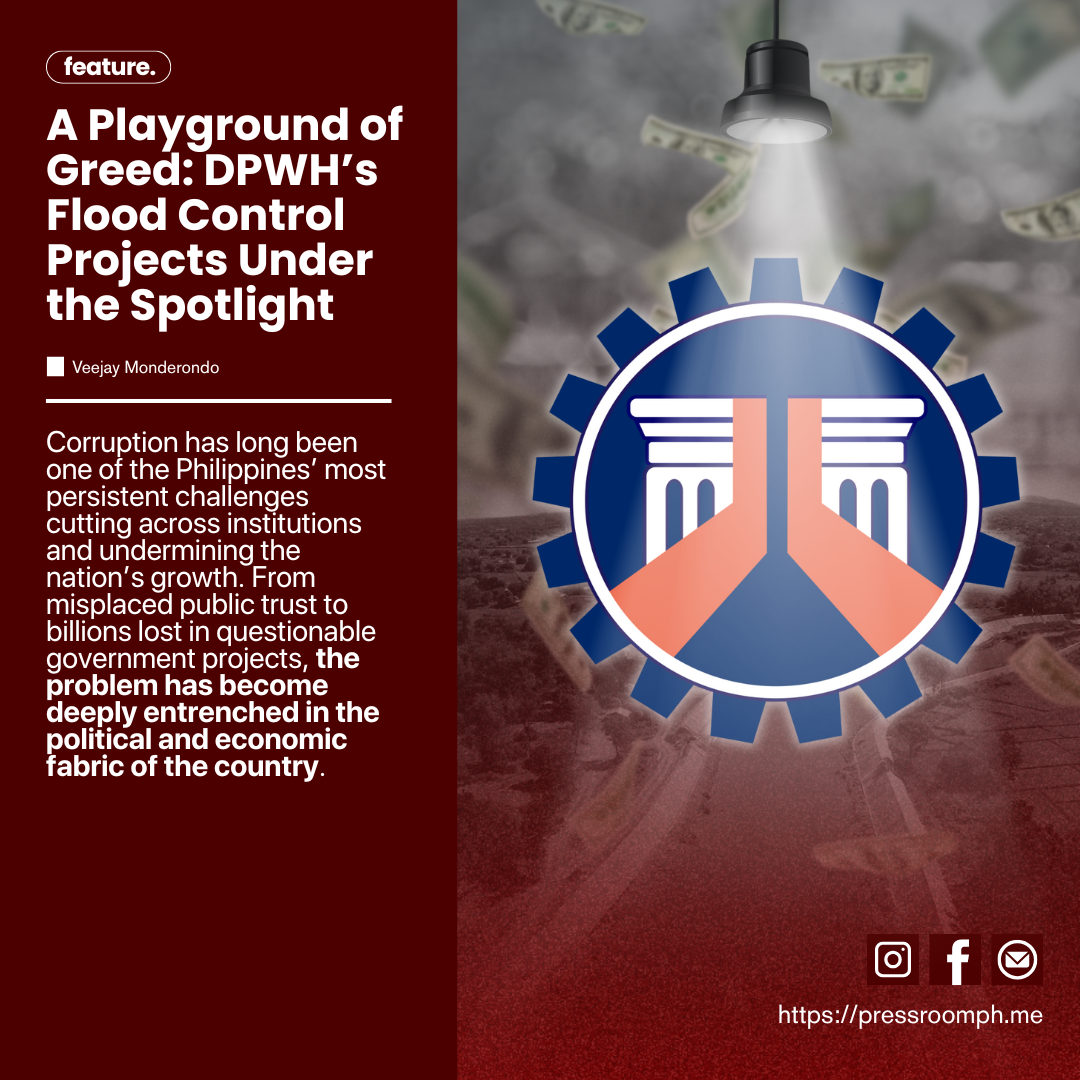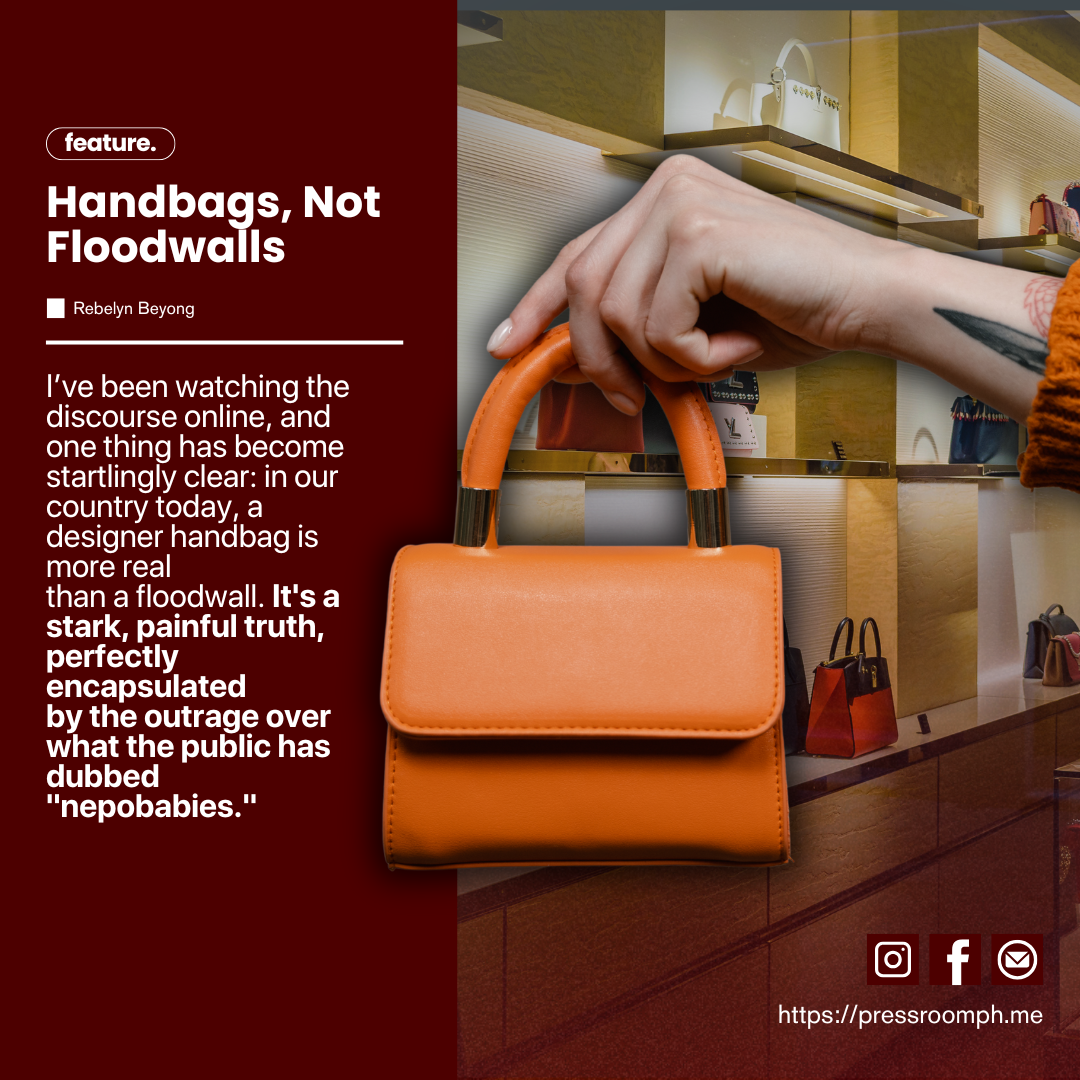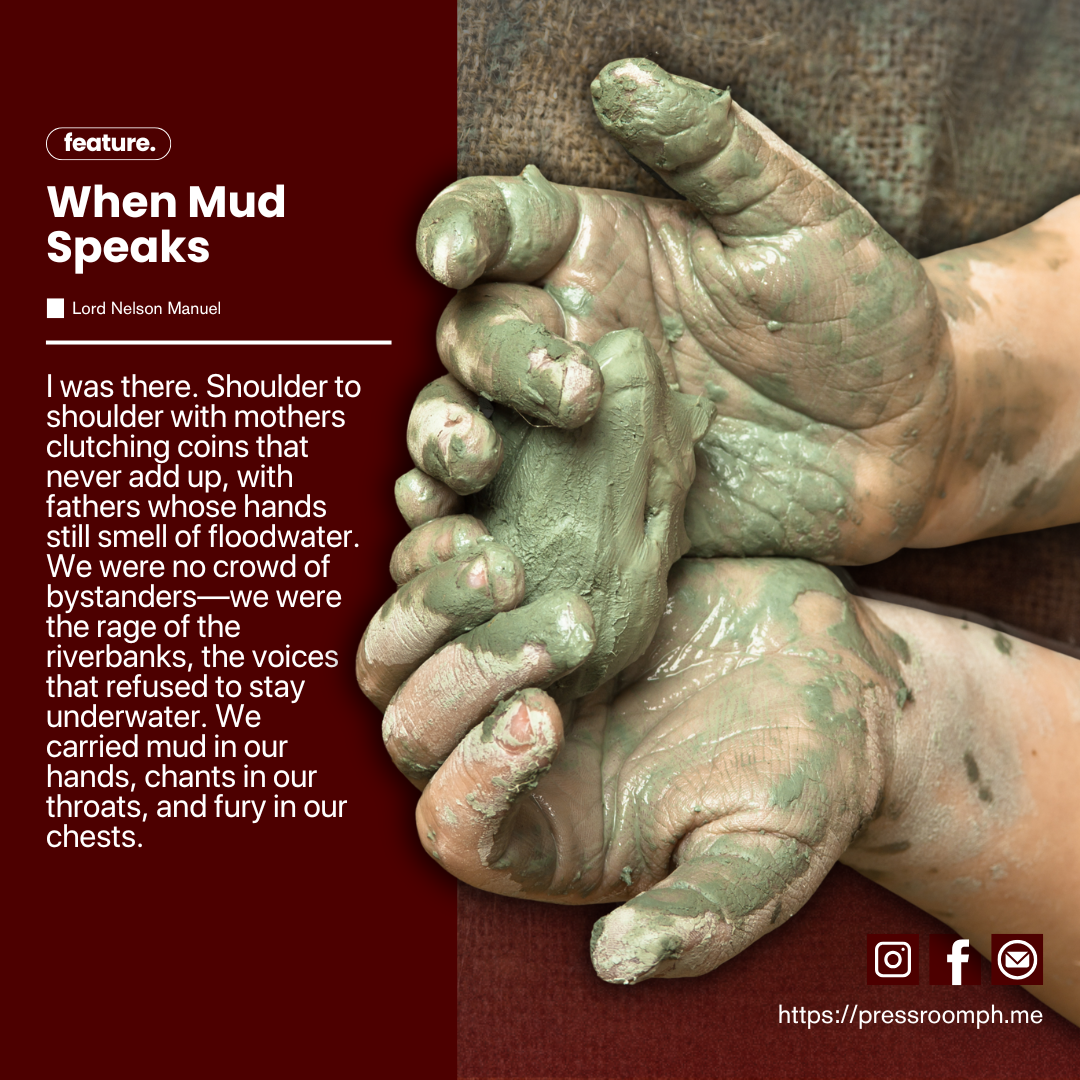𝘃𝗶𝗮 𝗦𝗵𝗮𝗹𝗲𝗮 𝗠𝗼𝗻𝘁𝗮𝗹𝗯𝗮𝗻, 𝗣𝗿𝗲𝘀𝘀𝗿𝗼𝗼𝗺 𝗣𝗵𝗶𝗹𝗶𝗽𝗽𝗶𝗻𝗲𝘀
In neighborhoods once filled with the echoes of laughter and the peaceful hum of everyday life, an unsettling silence now lingers. Crime is no longer a headline we scroll past — it has a face, a name, a street we know too well. Every theft, every stabbing, every siren in the night brings with it a chilling reminder: we are no longer safe in our own homes.
It starts small — a phone snatched, a wallet lost in the crowd. Then it escalates. Storefronts shuttered after break-ins, parents gripping their children’s hands a little tighter, and eyes constantly scanning the streets even in broad daylight. What used to be a walk to the store now feels like a gamble. We whisper names of those we’ve lost or those who barely made it out alive, and somehow, we’ve learned to call that normal.
Behind the numbers and statistics lie the shattered pieces of real people. A tricycle driver who lost his life for the few bills in his pocket. A student whose dreams were stolen alongside her bag. Families who sleep with blades under pillows or barricade their doors with furniture, just in case. It's not paranoia — it's survival.
And while authorities post reminders, encourage reports, and promise patrols, the people are left waiting. Justice feels delayed, or worse, denied. We begin to question — who do we turn to, when the very systems built to protect us now feel distant, cold, and almost irrelevant?
The rising crime isn’t just a reflection of failing security — it speaks of deeper wounds. Poverty, addiction, unemployment — all boiling beneath the surface. It's not just criminals we fear, but the desperation that creates them. When survival becomes harder than morality, we cannot expect peace to grow in empty stomachs and broken homes.
But in the midst of all this fear, there remains a flicker of hope. Communities unite in neighborhood watches, mothers start support groups, youth organize forums. We may be scared, but we are not helpless. Our grief fuels our anger, and our anger pushes us to act — to demand, to protect, to rebuild.
This is more than just a crime wave. It’s a wake-up call. Until we stop treating crime like a disease that happens somewhere else, and begin healing our communities from the roots up, the headlines will only grow bloodier. And we — the people who have names, dreams, and families — deserve more than just survival. We deserve to live.
